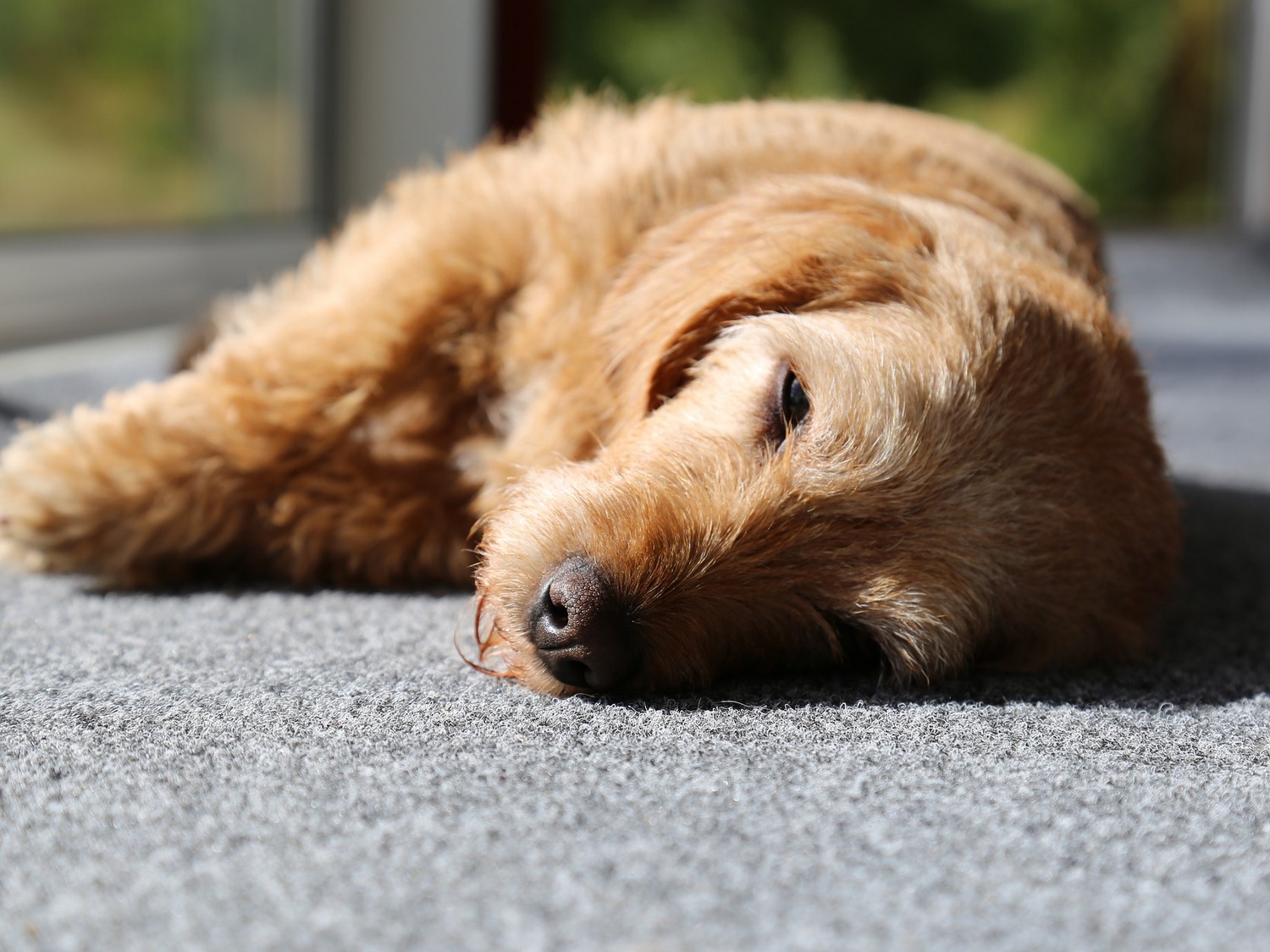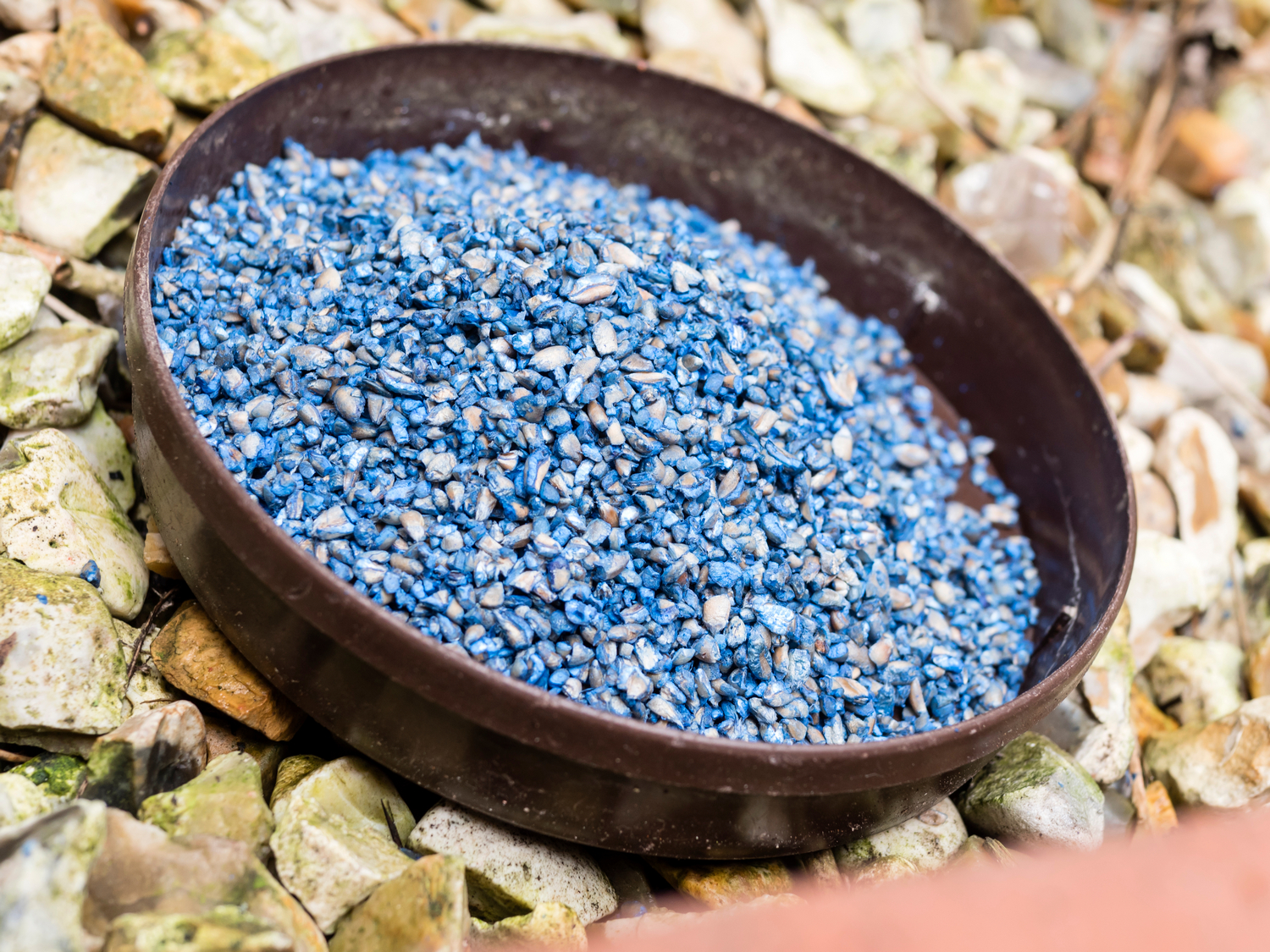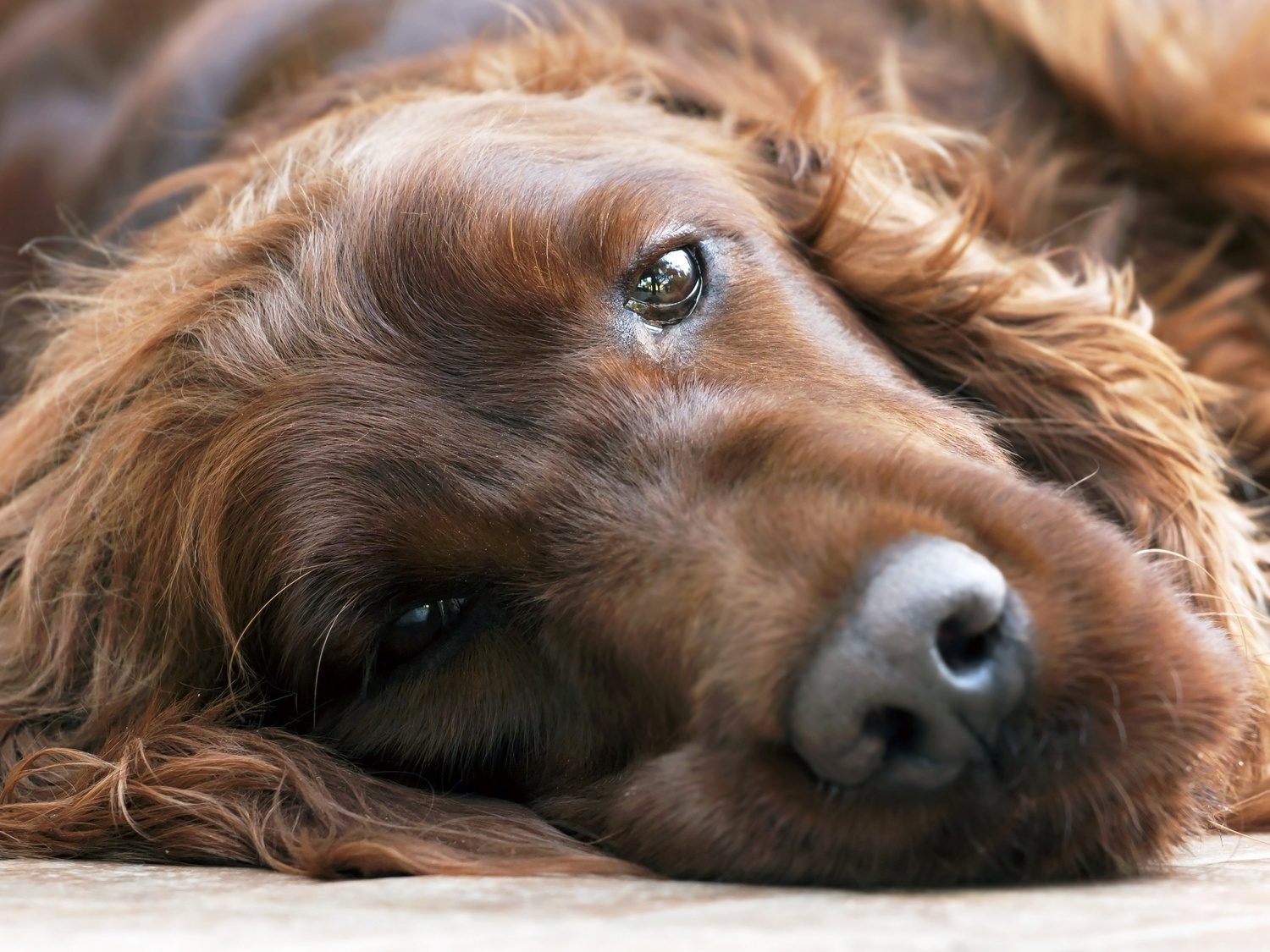Do you need help?

Is rat poison harmful to dogs?
Rat poisons and mouse poisons, also known as rodenticides, are products formulated to kill rodents. The chemicals used in these products are often highly toxic to dogs and can cause internal bleeding, kidney failure, organ damage and even death if eaten by your dog.
Worryingly, many modern rodenticides have a palatable flavour to attract animals, and they could look like a tasty snack to bait your pup.
What would rat poison do to a dog?
There are several different types of rat poison, and they act differently depending on the poisonous active ingredient they contain. The most common type in the UK is anticoagulant rodenticides, which prevent blood from clotting, leading to internal bleeding.
Other varieties include:
- cholecalciferol (vitamin D3), which ultimately causes severe, acute kidney failure
- bromethalin, which works to cause brain swelling
- zinc and aluminium phosphides, which release phosphine gas once in the stomach
There are also a number of increasingly popular rodent poisons on the market containing the substance alphachloralose. This works by depressing the central nervous system and treatment is very different to poisoning by anticoagulant rodenticides.
What to do if a dog eats rat poison?
If you suspect your dog has swallowed rodenticide call your vet or, out of hours, your nearest pet emergency service immediately. Rat poisoning in dogs is an emergency that can’t wait until morning.
Your vet will want to know as much information as possible in order to identify the type of poison and decide on the best course of treatment. If you can, take note of the following information to tell the vet:
- Your dog’s weight
- The day and time of exposure
- Brand name and manufacturer
- Active ingredients and their concentration
- Package size
- Approximately how much is missing from the pack
- Take the packaging with you if possible

What does rat poison look like?
Rodenticides vary in colour and can be found in different forms, such as pellets, blocks, grains, gels, and liquids.
Many of these rat bait products look very similar, making it extremely difficult to identify the type of rat poison based on appearance alone.
That’s why it’s vital that you know the exact product your dog has been exposed to so your vet can provide the appropriate treatment.

How to tell if a dog ate rat poison
Symptoms of rat poisoning in dogs vary depending on the type of poison they’ve been in contact with.
If your dog has eaten an anticoagulant rat poison, they are at risk of internal bleeding, which can be fatal if not treated quickly.
Signs may not display until around 3-5 days after ingestion, so it’s still vital that your dog receives treatment for rat poisoning, even if they aren’t showing any clinical signs or symptoms.
Signs of internal bleeding can include:
- Weakness and lethargy
- Vomiting or coughing blood
- Nose bleeds
- Bleeding from the gums
- Bleeding when doing the toilet
- Blood in dog poop
- Bruising
- Breathing difficulties (caused by bleeding into the lungs)
How much rat poison will kill a dog?
The effect of rat poison on dogs depends on the type of poison and the amount consumed.
Some toxins are formulated to work gradually after multiple feedings, while other toxins will poison rodents (and other animals) after just one dose.
If you think your dog has ingested even a small amount of rat poison, call a vet as soon as possible to minimise the time between exposure and treatment.
You might also be interested in:

Are rats poisonous to dogs?
If a dog eats a rat that has recently been poisoned with rodenticide, it could suffer from secondary rat poisoning. If you suspect secondary poisoning after your dog has eaten a rat, it’s best to err on the side of caution and contact your vet for advice.
How is rat poisoning in dogs treated?
Treatment depends on several factors, including the type of poison, the amount eaten, and the length of time since ingestion.
As there are so many rodenticides available, treatment can vary. Your vet can only decide on the best course of treatment after a physical examination.
What can you give a dog that ate rat poison?
Call your vet immediately, as they will be in the best position to offer advice.
Don’t waste time trying to treat your dog yourself. Don’t give your dog anything to make it sick without speaking to your vet, as this could do more harm than good.
How can I prevent rat poisoning in dogs?
Avoid tragedy at home by storing traps and any rodenticide products well out of your dog’s reach.
When out on walks be on the lookout for any live traps or any rat poison and make sure your dog is close enough to you that you can see if they pick anything up.

